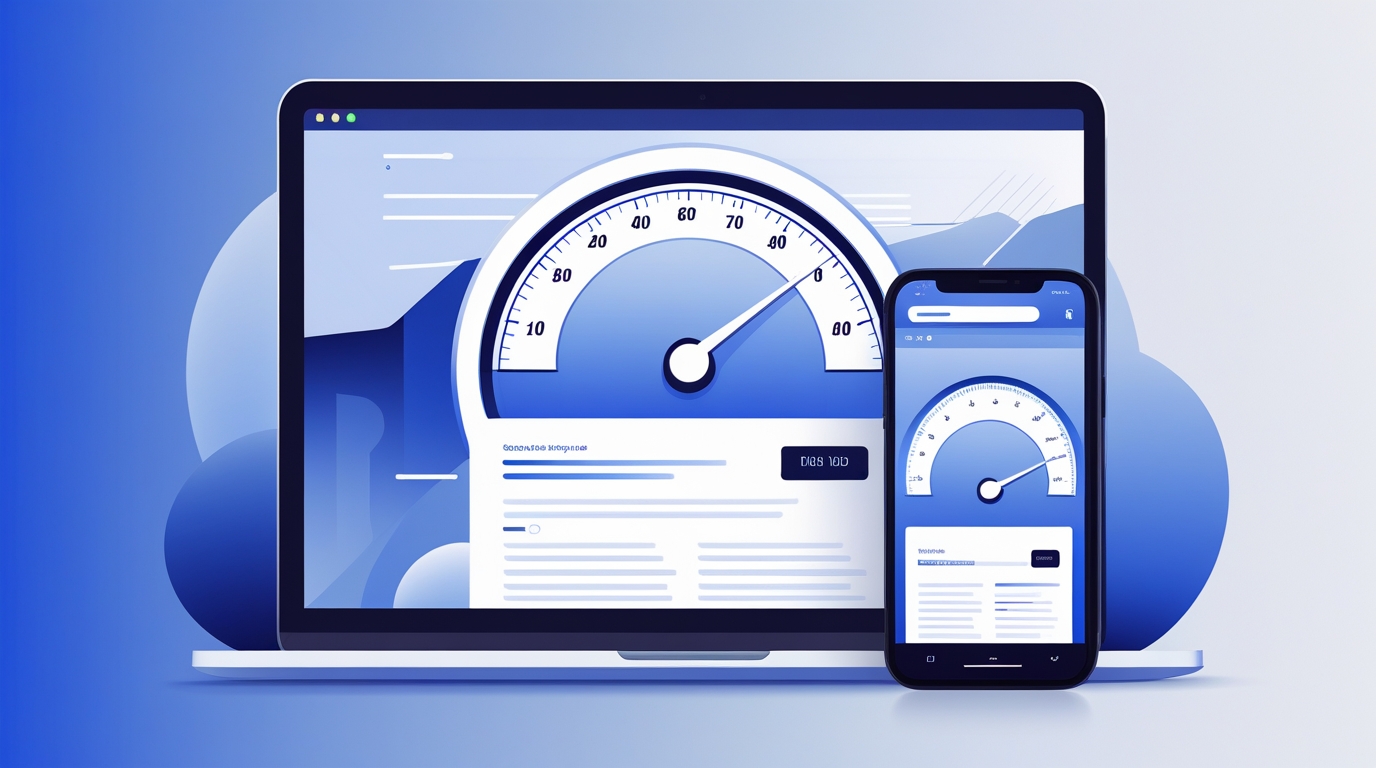How Page Speed Affects SEO for Both Desktop and Mobile
In today’s digital world, attention spans are short—and your website speed plays a bigger role than you might think. At Unictechnology, we’ve seen firsthand how page speed affects not just user satisfaction, but also your search engine rankings on both desktop and mobile platforms.
Let’s break down why this matters and how it impacts your business.
🔍 What is Page Speed?
Page speed refers to how fast the content on your webpage loads. It’s measured by several factors, including:
Time to First Byte (TTFB)
Fully Loaded Time
Largest Contentful Paint (LCP)
These metrics help Google and other search engines understand how fast your site responds and performs.
📈 Why Page Speed Matters for SEO
Google has confirmed that page speed is a ranking factor—and it’s not just about the desktop version anymore. With the rise of mobile usage, mobile-first indexing means Google primarily uses the mobile version of your site to determine rankings.
Here’s how page speed influences your SEO efforts:
💻 Page Speed and SEO on Desktop
While mobile traffic continues to grow, desktop users still make up a significant portion of web visitors, especially in certain industries. Here’s how speed affects SEO on desktop:
1. Improved Search Rankings
A fast-loading site gets rewarded in Google’s ranking algorithm. If two websites have similar content, the faster one is more likely to rank higher.
2. Better User Experience
Users expect pages to load in under 3 seconds. A delay can frustrate visitors and increase bounce rates, signaling to search engines that your site isn’t helpful or engaging.
3. Increased Crawl Efficiency
Googlebot allocates a specific crawl budget to each website. If your site is slow, it may not be able to crawl all your pages efficiently, reducing the visibility of your content in search results.
📱 Page Speed and SEO on Mobile
With more than 60% of web traffic coming from mobile devices, optimizing your mobile site speed is more important than ever.
1. Mobile-First Indexing
Google primarily indexes the mobile version of your website. If it’s slower or has poor performance compared to the desktop version, your SEO will suffer—even in desktop searches.
2. Core Web Vitals
Google’s algorithm places heavy emphasis on Core Web Vitals, which include:
Largest Contentful Paint (LCP) – how long it takes the main content to load.
First Input Delay (FID) – how quickly your site responds to user interaction.
Cumulative Layout Shift (CLS) – how visually stable your page is while loading.
Each of these is directly tied to page speed and user experience on mobile.
3. Higher Engagement and Lower Bounce
Mobile users often browse on the go. If your site takes too long to load, they’ll leave before it even appears. A faster site keeps users engaged longer and improves conversion rates.
🔧 How Unictechnology Can Help
At Unictechnology, we build websites that are not only visually stunning but also optimized for speed and performance. Our approach includes:
Lightweight code and clean design
Optimized images and scripts
Mobile-responsive frameworks
Server and hosting optimization
CDN and caching strategies
Whether you’re running an e-commerce site, a personal blog, or a business portal, speed is key—and we ensure that every project we deliver is built for speed from the ground up.
🧠 Final Thoughts
In the race to the top of search engine results, page speed is your silent advantage. It impacts visibility, user experience, conversion rates, and long-term SEO success—across both desktop and mobile platforms.
So if your site isn’t performing as fast as it should, it’s time for a digital tune-up.
💼 Let Unictechnology boost your website’s speed—and your business.
📍 Visit us at unictechnology.com

